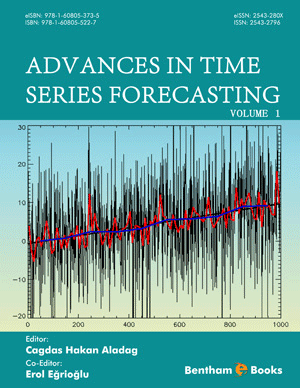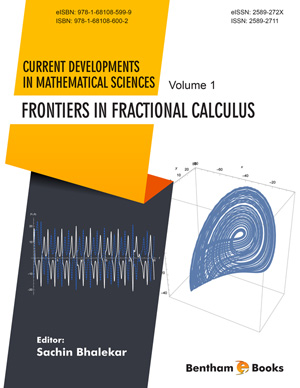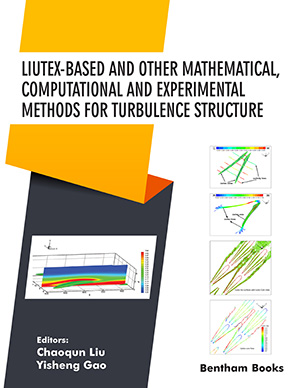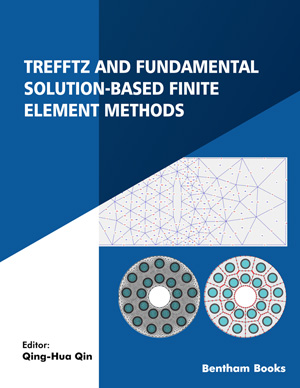Abstract
Due to the vagueness that they contain in their observations, fuzzy time series models worked in two main categories such as first order and high order models, has an ever expending field of study. Fuzzy time series analysis method is highly effective in uncovering the relations of this type of time series structure. In the implementation of fuzzy time series methods, it is crucial to determine the model order in terms of forecasting performance. Besides, regardless of the model order, the length of interval determined in the partition phase of the universe of discourse, greatly affects forecasting performance. Therefore, there have been numerous studies focusing on determining the length of interval in the literature. This study aims to introduce the significance of interval length determination in fuzzy time series analysis method on forecasting performance. For this purpose, related methods are introduced, implementation of two real time series is shown and some comparisons between methods are made and finally obtained results are discussed.
Keywords: Fuzzy time series, Forecasting, Length of interval, Optimization.












